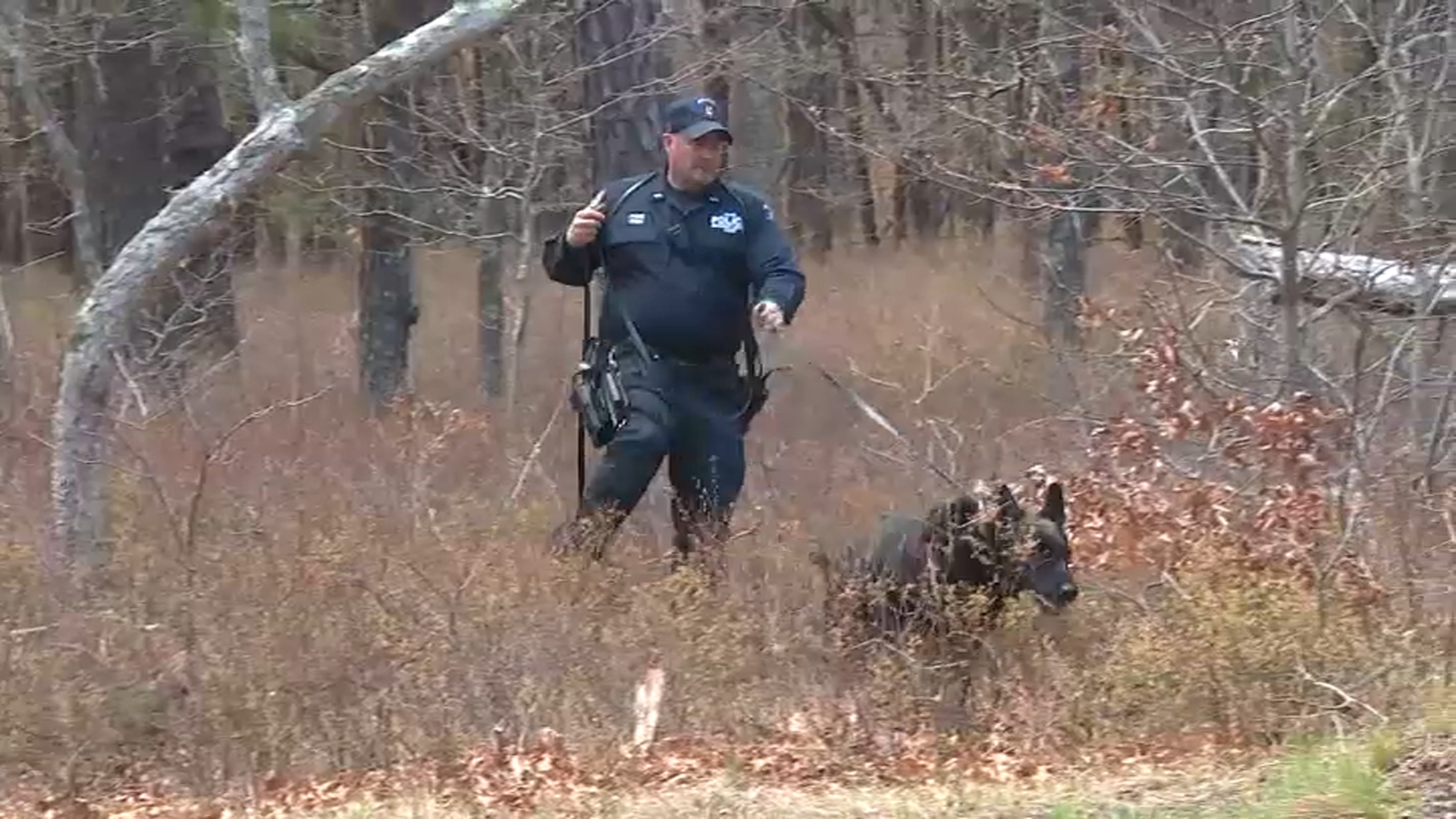Just over a month ago, a fish was spotted by New Jersey-based nonprofit group Clean Ocean Action as it was in a death throe, spinning in circles in the Navisink River.
Now far more dying menhaden, also called bunker fish, are spinning in circles, this time in the Shrewsbury River. Those fish clinging to life are are surrounded by tens of thousands of other dead fish spotted up and down both rivers that empty into Sandy Hook Bay. The dead menhaden float in the rivers, sink to the bottom, line the shore, litter boat landings and rot next to bulkheads — providing a pungent and overwhelming odor.
Every town on both rivers has been dealing with the smell for weeks now, as the massive die-off in menhaden continues. The stench not only makes makes life unpleasant for residents, but can hurt business. One of the owners at the Bacon Beach Grill in Long Beach said it all depends on which way the wind blows, and if it's going the wrong direction, it's bad news for outdoor diners.
"It's been very difficult with the pandemic and now the fish smell. You don't know when (the smell) is going to come this way" said Fran Schults.
Get Tri-state area news and weather forecasts to your inbox. Sign up for NBC New York newsletters.
The State Department of Environmental Protection blames a bacteria more commonly found in warmer climates, but is being reported all the way up the coast to Connecticut and Rhode Island, as northeastern waters are impacted by climate change and a shift in ocean temperatures, according to Clean Ocean Action.
"The scientists are telling us this usually happens in warmer waters," said Kari Martin, a member of the advocacy group that said the situation is getting worse as the weather gets warmer.
Scientists are also wondering if there are added stress factors that have created the largest such die off of this keystone species in recent memory. A floating raft of dead menhaden was seen on Tuesday, and not far away, an invisible shoreline where the tide had pushed thousands of the dead fish into a shallow cove.
News
While the smell is bad enough, that's not the only problem town are dealing with.
"We're also getting a lot of complaints more recently about the flies, black flies inundating properties," Martin said. Legions of the flies feast on the fish carcasses, as do seagulls — ruining backyard barbecues.
While local governments scramble to clean up, but only able to do so on public property, there is an effort to get the state to pick up the bill for picking up the dead fish. Some have pitched running a skimmer boat in the area, similar to what is done in New York harbor for marine debris.
"I'm pretty sure every town would jump on board in a heartbeat, we just got to figure out how to pay for it, because there's no money in town budgets to pay for it," said Monmouth Beach Mayor Dave Stickle. "The towns are limited on where they can go do the cleanup because it's in the river, none of us skimmers that can go in the river."
The state has not responded to the towns' request. In the meantime, Long Branch is now looking for a contractor to remove dead fish.
The DEP's guidance said that other fish unaffected by the bacteria are still fine to eat, but swimming in waters flush with dead fish should be avoided. The department predicts that the die-off will continue in the short term, and they are working with other northeastern states facing similar problems.
Researchers are actively trying to determine why the bacteria suddenly has become so plentiful and lethal in northern waters.



